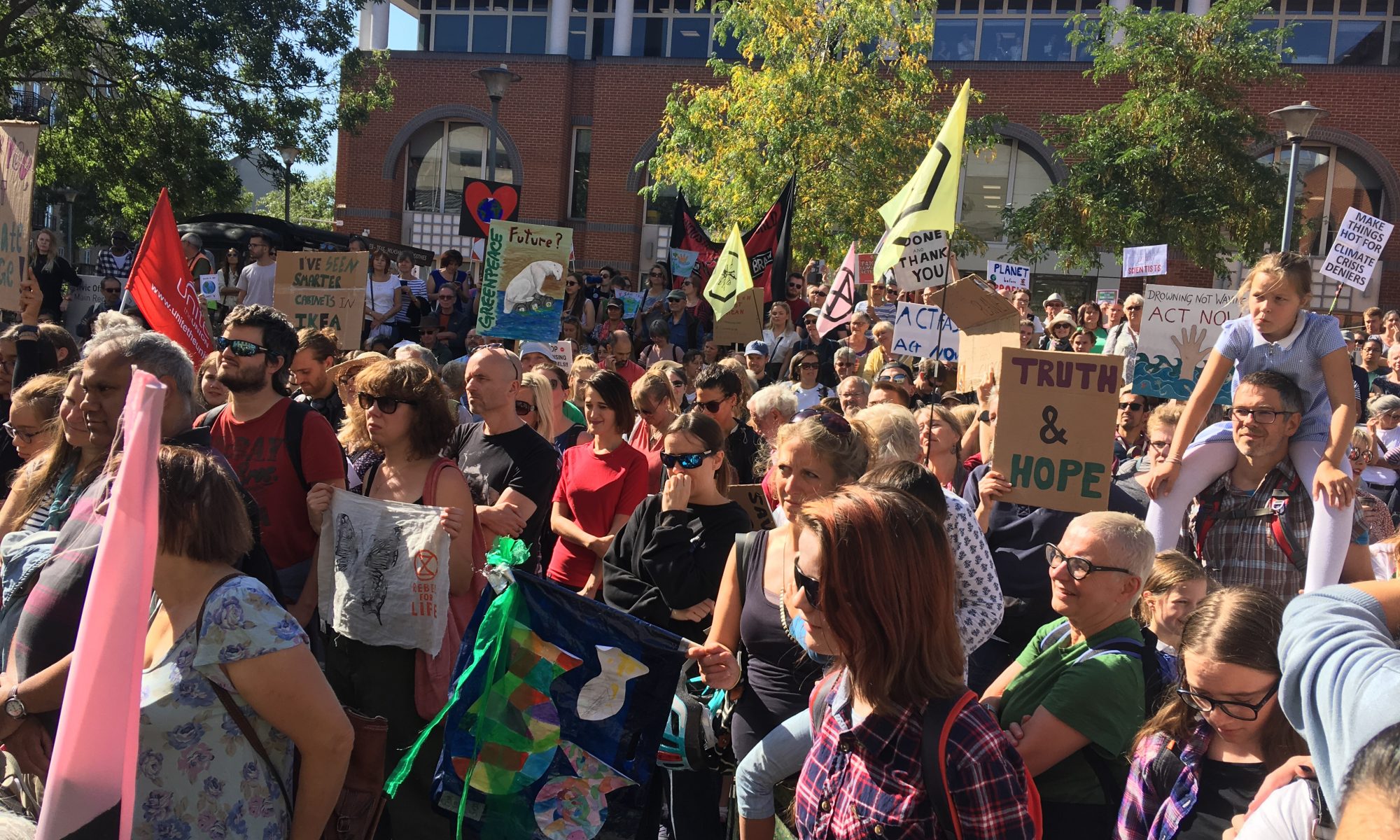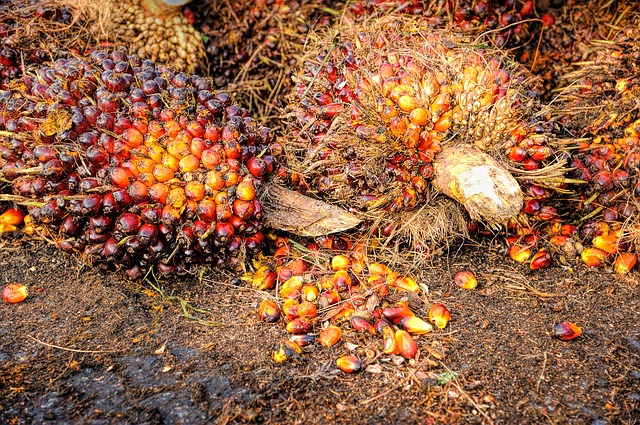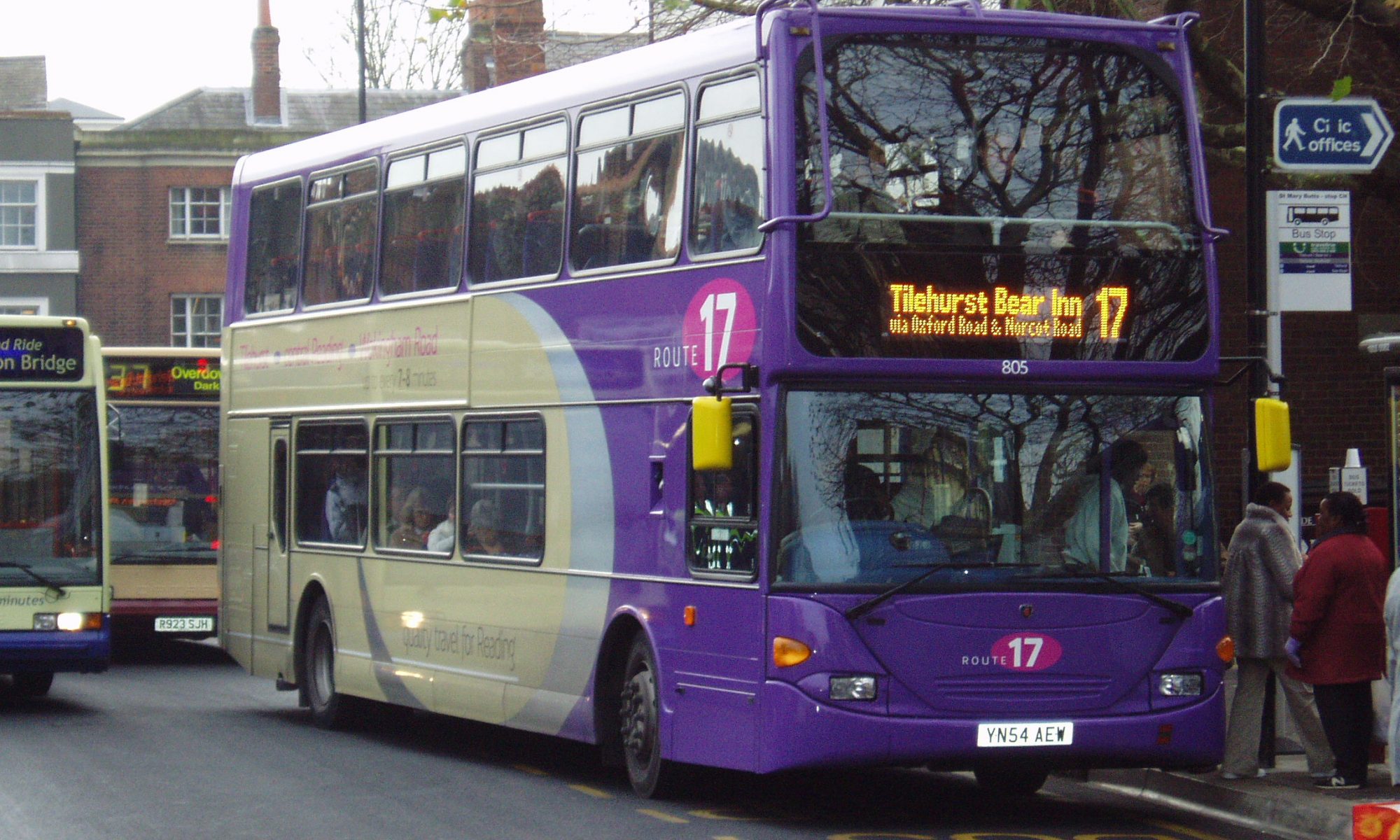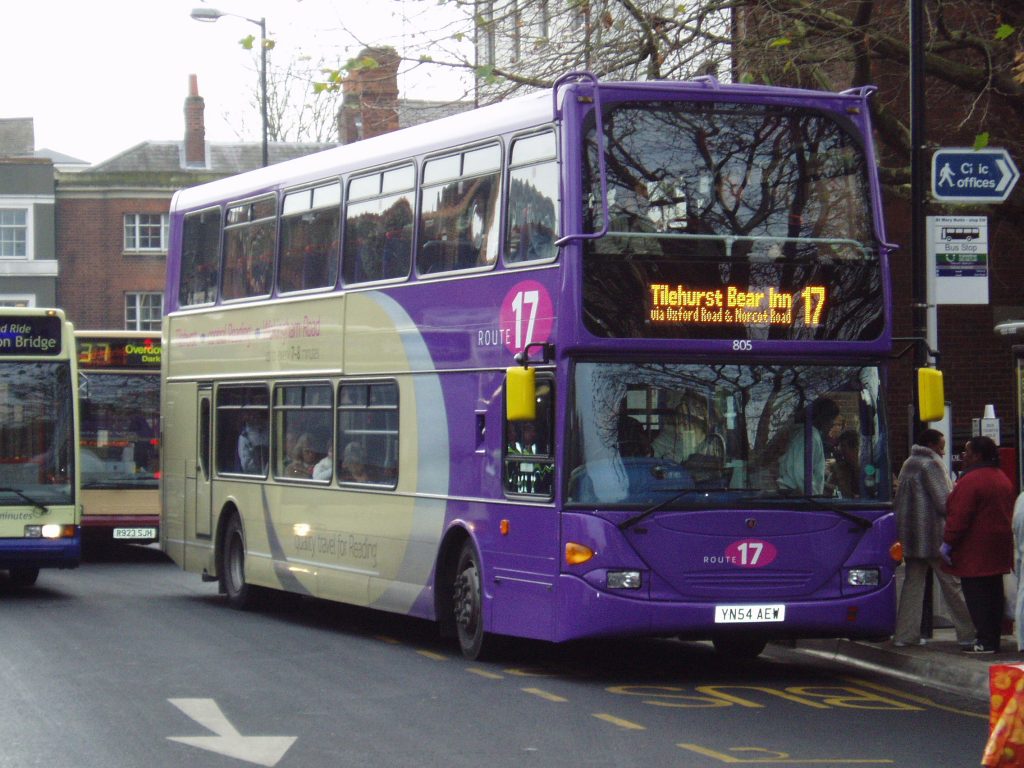Well I needed a bit of a pick-me-up – joining the Reading Schools Climate Strike today certainly gave me that!
There was a big crowd outside the council offices that just kept growing. And listening to the chants of the schools children really did catch the heart strings. It made me very proud to be part of this town!
I was very pleased to have a chance to say a couple of words (see news update from 14:28)…
Unfortunately the sound dies halfway through the clip (from the GetReading website here). What I was saying though is that right now we are working on the new Climate Change Strategy for Reading. There is a lot to do, and we need your help.
- If you have expertise please join us and help make sure we get the strategy right. And help us to get the message out…an social media experts out there, please get in touch!
- Everybody though…we need your help to make this happen! Please be part of our developing Climate Action Network “ReadingCAN”. Encourage schoolmates, workmates, friends and family to join us too. And do check our new ReadingCAN.org.uk website. We are going to use it to host the strategy, climate events and everything we learn about how we can cut our carbon emissions and get ready for the climate challenges that the town faces.
Thank you to all of the organisers of today’s Strike. And especially to all of you who stood up to make sure there is a good future for our children, and their children to follow.
Take care all. With solidarity and respect,
Chris Beales
RCCP Chair




